The Africa Gas Innovation Summit (AGIS) 2024, held at the NAF conference center in Abuja explored the transformative role of gas innovation and innovation in shaping the future of the gas industry in Nigeria and across the African continent. The summit theme: Igniting the Future: Driving Sustainability in Africa’s Energy Landscape through Gas Technology and Innovation, was designed to address a number of key issues covering technological advancement, economic implications and environmental considerations leveraging the Penta-Helix model involving five key stakeholders; Government, Industry, Academia, Entrepreneurial Community, and the Venture Financial Institutions.
In a ministerial address, the Minister of State for Petroleum Resources (Gas), Ekperikpe Ekpo, represented by his Permanent Secretary, Mr. Nicholas Ella, emphasized the critical need for innovative technologies and practices to achieve a sustainable energy future. He advocated for substantial investment in research, advanced gas technologies, and industry best practices. Hon. Ekpo highlighted the importance of technological innovation, including liquefied natural gas (LNG), compressed natural gas (CNG) for vehicles, gas-to-power solutions, and carbon capture and storage (CCS), as key components of this initiative. He underscored the role of policymakers in creating an environment that fosters innovation.
This includes providing incentives, facilitating industry-academia partnerships, and ensuring a robust regulatory framework. He also stressed the necessity of effective policy frameworks that address the unique challenges of Africa, promote transparency, and ensure equitable sharing of the benefits within the gas sector. He emphasized that investment in innovation, technology, and supportive policies is essential for sustainable development in Nigeria and across Africa.
In a panel session titled: Solving Africa’s Gas development and utilization challenges through domestication of innovation, the Chairman/Group CEO of Oilserv Group, Engr. (Dr.) Emeka Okwuosa CON, represented by Engr. Chuka Eze FANET, tinted that the business landscape demands continuous innovation, and failure to adapt can jeopardize long-term sustainability. Gas, as a transition energy source, holds the promise of environmental preservation and economic development and goal zero. Africa is endowed with abundant gas resources but faces significant energy utilization challenges. Leveraging gas can bridge this gap, paving the way for investment in renewable energy. Africa’s contribution to global carbon emissions is minimal compared to OECD countries, highlighting the continent’s potential for sustainable energy leadership.
Addressing the technological advancements at Oilserv, Engr. Chuka stated “we are proud of our role in engineering and construction of major gas infrastructure in Nigeria.” Frazimex Engineering performed the Detailed Engineering Design of Obiafu, Obrikom, Oben (OB3), the 48″ x 124km gas pipeline + Gas treatment plant trains of 300mmscfd capacity while Oilserv constructed the lot B of this project, using Schlumberger’s technology (Ogar) to identify fluid properties and wax accumulation areas which could compromise pipeline integrity. We also utilized advanced technologies like Horizontal Directional Drilling for river crossings, Horizontal Thrust Boring mechanisms for road crossings; avoiding open cuts and environmental damage.
Chuka reiterated the need to invest in nanotechnology, a relatively uncommon field in our country. To foster this, we must deliberately integrate nanotechnology into our educational system, starting from primary and secondary schools through to universities. The “Oilserv Group collaborates with the University of Nigeria, Nsukka, on nanotechnology development. This collaboration, a biennial event sponsored by our Chairman, Engr. (Dr.) Emeka Okwuosa, CON, leverages academic resources to develop solutions for renewable energy challenges. Currently, progress has been made in developing energy storage and equipment batteries using nanotechnology. The next step is to transition these prototypes into patents and deploy them in practical applications.”
In the AKK gas pipeline project at the River Niger close to Kogi State, “we are utilizing a more efficient and safer technology called Direct Pipeline Installation (DPI). This new technique significantly reduces time compared to HDD, which involves multiple processes. With DPI, the pipeline is directly installed across the river, marking only the second deployment of this technology in Nigeria, with both projects still ongoing. Implementing such advanced technologies helps build capacity over time, necessitating extensive training for our personnel, he added.” The AKK project encompasses diverse terrains, including approximately 140 minor and major rivers and about 18 roads. Thus, it is crucial to focus on training, capacity building, and collaboration with academic institutions to further develop and innovate in harnessing gas resources.
I watched a lesson from a crow. In front of it was a glass of water that was half full, but its beak couldn’t reach the water. Surrounding the glass were stones. The crow used its beak to pick up the stones and drop them into the glass, raising the water level so it could drink. This illustrates the importance of utilizing our available resources and talents to identify and solve our own problems. We must look inward and use what we have to find solutions to our challenges.
Also speaking at the summit, the executive chairman of Africa Energy Chamber, N. J. Ayuk reiterated that Gas plays a crucial role in shaping Africa’s future, particularly in Nigeria, a major player in the global gas market. Nigeria’s LNG exports are currently at seven trains, showcasing its significant gas resources. However, to fully understand the state of gas in Nigeria, it is essential to consider the broader African context. New gas fields are emerging across the continent, with Total Energies and ENI launching new projects in Algeria, ExxonMobil exploring combined gas and oil projects, BP and Kosmos Energy advancing the GTA project in Senegal and Mauritania, Tanzania making strides with a $40 billion gas project led by Equinox and Shell, and Mozambique and Congo Brazzaville having notable developments, including Congo’s first floating LNG plant.
Despite these advancements, energy poverty and industrialization remain challenges. Most African utilities face financial difficulties, and European utilities are currently the primary offtakers for large-scale LNG projects, hindering domestic infrastructure development. Addressing gas flaring and advancing gas monetization projects is crucial, and the time for action is now. Ensuring efficient processes, avoiding bureaucratic delays, and fostering a supportive environment for entrepreneurs with big ideas are essential for the sustainable development of gas resources for the betterment of Africa.

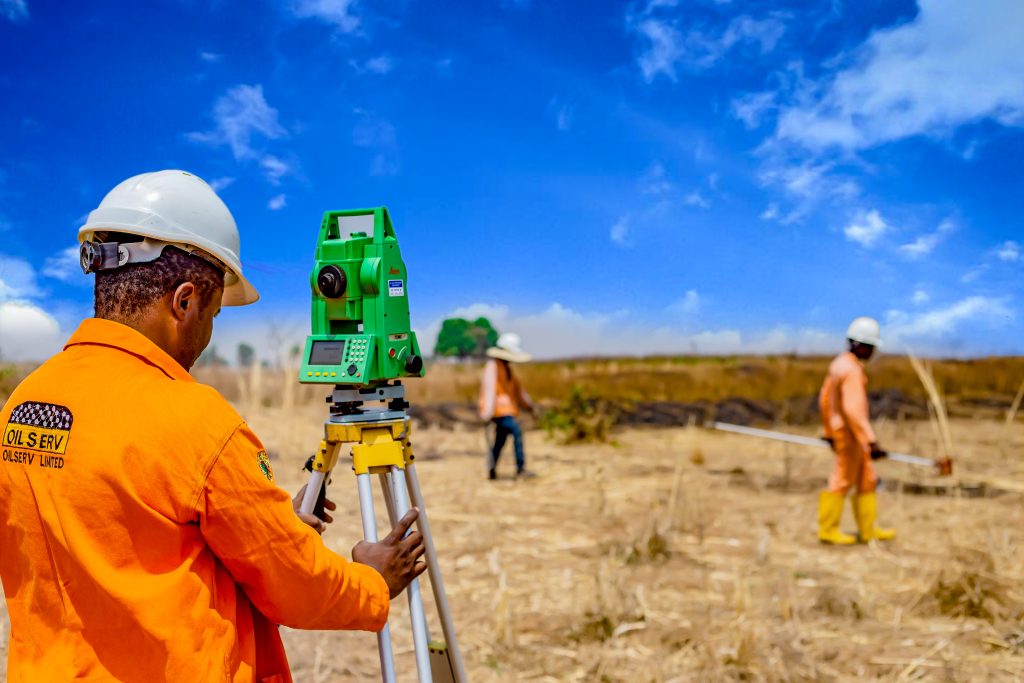
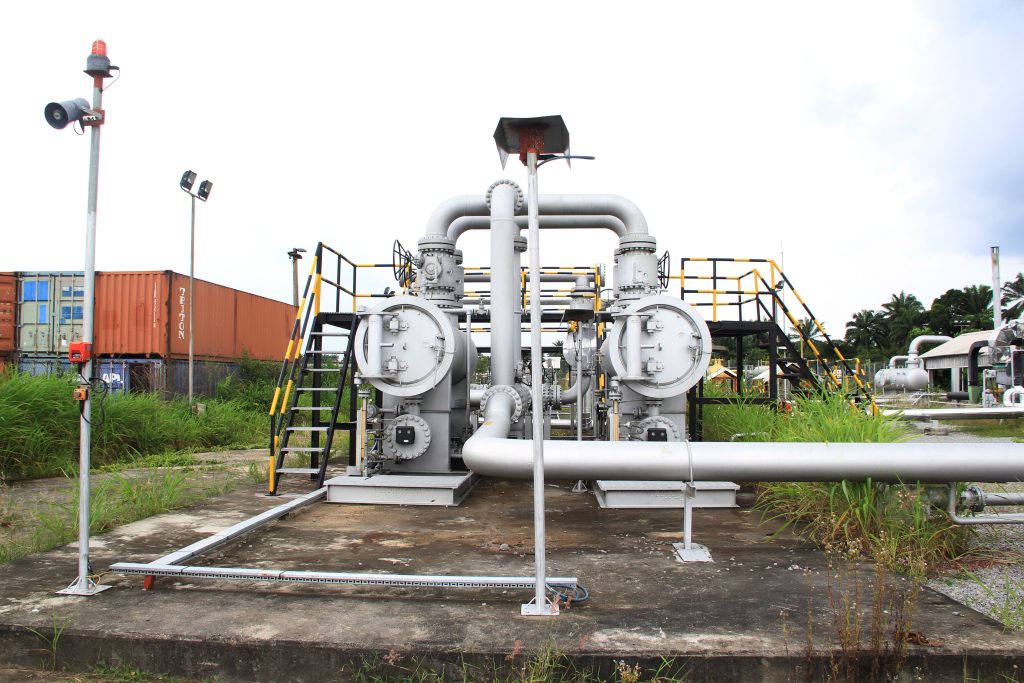
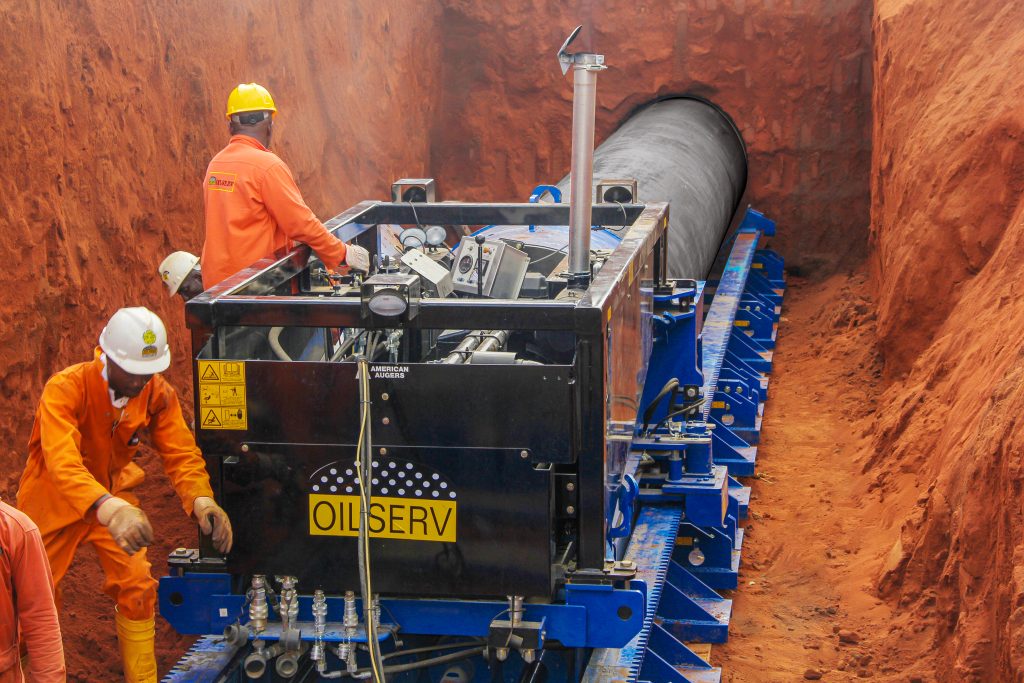
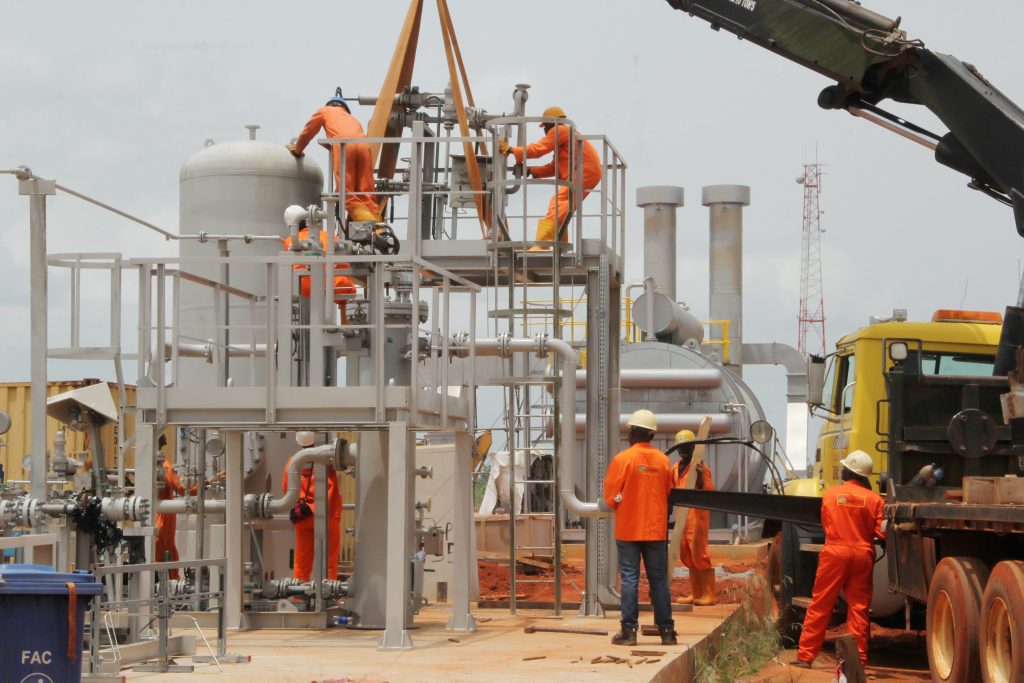

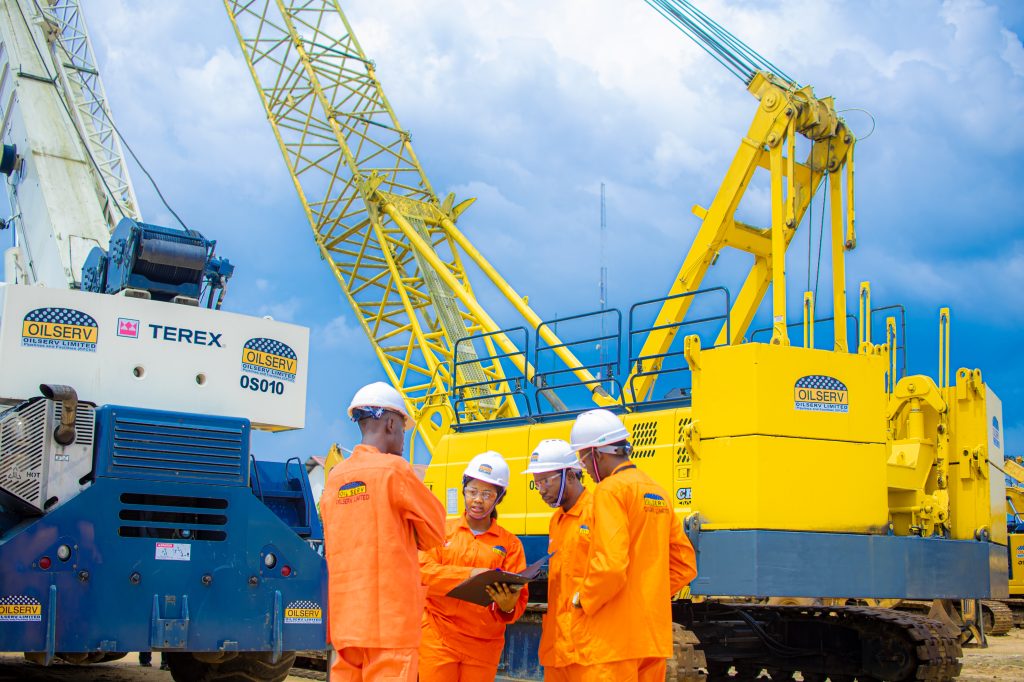

-2024/2707520927-2V4A0930.jpg)
-2024/496759041-2V4A0931.jpg)
-2024/1524245376-2V4A0778.jpg)
-2024/3181437618-2V4A1000.jpg)
-2024/739472459-2V4A1005.jpg)
